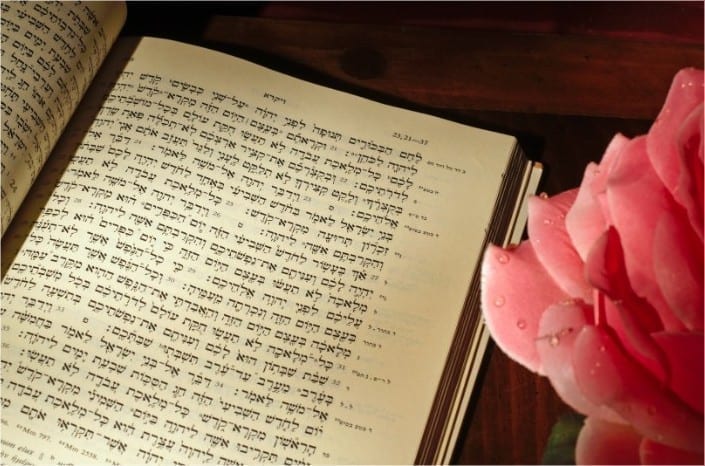He was a leading disciple of Rabbi Abdallah Somech, the greatest scholar in Baghdad in the mid-nineteenth century. His mother travelled all the way from Iraq to Morocco to get a blessing from the holy Rabbi Jacob Abuchatzeira. Until it was her turn to get the tzadik’s blessing, she devotedly cared for the poor and the sick who were waiting with her. Rabbi Yaakov saw her devotion and blessed her to have a son that would illuminate the Jewish people with his Torah teachings.
At the age of seven years, he fell into a deep well and was in great danger, and miraculously survived. At that time, he vowed to devote his life to Torah.
When he came to the Land of Israel, he prostrated himself on the grave of Benaiah the son of Yehoyada, and felt a great sweetness in his prayers there until he realized that Benaiah was a root of his soul. This is why he named his books from the verse which speaks about Benaiah: “Benaiah the son of Yehoyada, the son of a living man [Ben Ish Chai], energetic [Rav Pe’alim], from Kavtzael.” (Chronicles I, 11:22)
A story he related in one of his ethical books: Once two sages were forced for reasons of etiquette to participate in mitzvah banquet made by a wealthy man. They felt great sorrow that they were forced to sit for hours among the guests who were reveling in a way unbecoming the dignity of the scholars. They were also upset that they were forced to cancel their study sessions and missed saying the Tikkun Chatzos prayer at midnight. Nevertheless, they decided to remain at the banquet to avoid insulting the wealthy man and desecrating G-d’s Name. One of the sages appeared as if he was sharing in the guests’ reveling, but deep down he did not stop meditating in his Torah learning for a minute. When midnight came, he leaned on his hand as if he was nodding off, and recited the Tikkun Chatzos as usual with inner emotion, without any of the guests realizing it. He cleaved to his Creator while the other guests thought he was joining in their revelry.
In contrast, a second sage from the start of the evening showed his displeasure. His gestures made it was obvious that he was annoyed with the banquet and the guests. When midnight came, he could not hold himself back, and sat himself on the ground to recite the Tikkun in front of all the guests. When everyone saw his behavior, they berated the Torah and Torah scholars, and the wealthy man was incensed at the sage’s contempt for his celebration. But when they realized that the first sage’s behavior was respectful to them, their anger subsided and they praised him for his pleasant and holy ways.
Rabbi Yosef Chaim mentions the above story in his book Chasdei Avot in his commentary on the mishnah “Torah study with proper behavior is praiseworthy.” He says this story comes to teach us that if a person is obligated in a Torah commandment, but it will look strange from the point of view of how people will view him, a wise person will find the way to fulfill his heavenly obligations while maintaining other people’s respect.
In his great humility, Rabbi Yosef Chaim hid the fact that he was the sage who had behaved this way…





